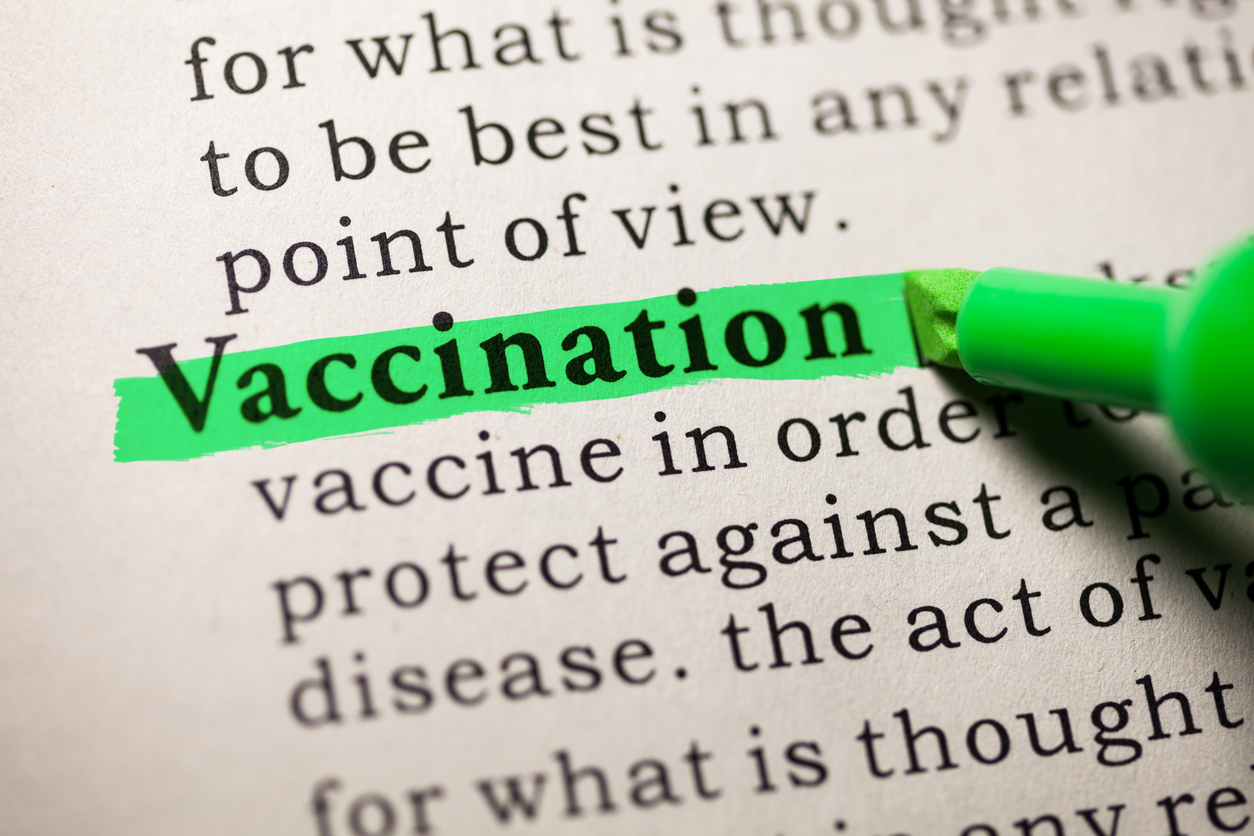2025-01-24
Mindfulness or Escitalopram: Which Solution for Anxiety?
Psychiatry
#AnxietyDisorder #Depression #MindfulMeditation #Antidepressant #Escitalopram #MentalHealth
Anxiety disorders are among the most common mental health conditions, affecting millions worldwide. These disorders, which include generalized anxiety disorder, panic disorder, and agoraphobia, significantly impact individuals' quality of life by disrupting their well-being, sleep, social relationships, and daily functioning.
Antidepressants like Escitalopram are frequently prescribed as a first-line treatment to alleviate these symptoms. These medications have proven effective in managing anxiety by targeting neurotransmitters involved in mood regulation. However, their use is often limited by undesirable side effects, such as gastrointestinal issues, headaches, or weight gain, which can result in poor treatment adherence.
Given these limitations, Mindfulness-Based Stress Reduction (MBSR) has emerged as a promising complementary or alternative approach. This method combines guided meditation, body awareness, and stress reduction techniques, offering a non-invasive and side effect-free strategy that empowers patients to manage their anxiety.
This study compares the effectiveness of MBSR with standard treatment using Escitalopram for major anxiety disorders.
A total of 276 adult participants diagnosed with anxiety disorders were randomly assigned to two groups:
Outcomes were assessed at 8 weeks, then at 12 and 24 weeks, using a mixed-model analysis adjusted for baseline demographic and clinical factors.
Both treatments demonstrated significant reductions in anxiety and depressive symptoms. Anxiety scores decreased comparably across the groups, confirming that MBSR is non-inferior to standard treatment. However, Escitalopram showed a faster improvement during the initial weeks.
A key finding was the difference in side effects: 78.6% of patients on Escitalopram reported treatment-related adverse events, compared to only 15.4% in the MBSR group. This highlights a significant advantage of mindfulness meditation, particularly for patients seeking better-tolerated alternatives.
Anxiety disorders significantly affect patients' quality of life. While pharmacological treatments like Escitalopram are effective, their side effects often reduce adherence and satisfaction with care.
This study aimed to compare the effectiveness of MBSR with Escitalopram in treating anxiety disorders, while also evaluating their respective tolerability and benefits on anxiety, depression, and quality of life.
The results show that MBSR is as effective as Escitalopram in reducing anxiety symptoms, with a markedly superior safety profile. Participants in the mindfulness program reported significantly fewer side effects, making MBSR an appealing option for patients who are sensitive to or reluctant to take medications.
Further research should explore models for integrating MBSR into healthcare systems. Additionally, studies on larger cohorts with extended follow-ups are needed to confirm these findings and better understand the overall impact of meditation on mental health. These efforts could transform the management of anxiety disorders by offering a viable, safe, and effective non-pharmacological alternative.
Anxiety disorders are among the most common mental health conditions, affecting millions worldwide. These disorders, which include generalized anxiety disorder, panic disorder, and agoraphobia, significantly impact individuals' quality of life by disrupting their well-being, sleep, social relationships, and daily functioning.
Antidepressants like Escitalopram are frequently prescribed as a first-line treatment to alleviate these symptoms. These medications have proven effective in managing anxiety by targeting neurotransmitters involved in mood regulation. However, their use is often limited by undesirable side effects, such as gastrointestinal issues, headaches, or weight gain, which can result in poor treatment adherence.
Given these limitations, Mindfulness-Based Stress Reduction (MBSR) has emerged as a promising complementary or alternative approach. This method combines guided meditation, body awareness, and stress reduction techniques, offering a non-invasive and side effect-free strategy that empowers patients to manage their anxiety.
This study compares the effectiveness of MBSR with standard treatment using Escitalopram for major anxiety disorders.
Read next: Are Mobile Health Applications Effective for Stress Management?
Meditation or Medication: Which Comes Out on Top?
Researchers evaluated both treatments based on anxiety, depression, and quality of life metrics, using validated clinical tools such as the Beck Anxiety Inventory (BAI) and PROMIS Anxiety Short Form. Symptom severity was measured in a standardized manner to ensure comparability across groups.A total of 276 adult participants diagnosed with anxiety disorders were randomly assigned to two groups:
- MBSR: Eight weeks of weekly guided meditation sessions and practice.
- Escitalopram: Flexible dosing (10-20 mg/day) with regular medical follow-up.
Outcomes were assessed at 8 weeks, then at 12 and 24 weeks, using a mixed-model analysis adjusted for baseline demographic and clinical factors.
Both treatments demonstrated significant reductions in anxiety and depressive symptoms. Anxiety scores decreased comparably across the groups, confirming that MBSR is non-inferior to standard treatment. However, Escitalopram showed a faster improvement during the initial weeks.
A key finding was the difference in side effects: 78.6% of patients on Escitalopram reported treatment-related adverse events, compared to only 15.4% in the MBSR group. This highlights a significant advantage of mindfulness meditation, particularly for patients seeking better-tolerated alternatives.
A Zen Revolution for Anxiety
Anxiety disorders significantly affect patients' quality of life. While pharmacological treatments like Escitalopram are effective, their side effects often reduce adherence and satisfaction with care.
This study aimed to compare the effectiveness of MBSR with Escitalopram in treating anxiety disorders, while also evaluating their respective tolerability and benefits on anxiety, depression, and quality of life.
The results show that MBSR is as effective as Escitalopram in reducing anxiety symptoms, with a markedly superior safety profile. Participants in the mindfulness program reported significantly fewer side effects, making MBSR an appealing option for patients who are sensitive to or reluctant to take medications.
Further research should explore models for integrating MBSR into healthcare systems. Additionally, studies on larger cohorts with extended follow-ups are needed to confirm these findings and better understand the overall impact of meditation on mental health. These efforts could transform the management of anxiety disorders by offering a viable, safe, and effective non-pharmacological alternative.

Last press reviews
Vaccine vs. SMC: rivals or partners?

#MalariaVaccine #R21MatrixM #Malaria #Vaccination #SMC #InsecticideTreat...
A race against time for a vaccine?

#PfSPZ #Vaccination #Malaria #Immunogenicity <br><br><br>...
Birch allergy: could one shot change everything?

#AllergicRhinoconjunctivitis #IgG4 #Allergoid #BirchPollen #Immunotherap...